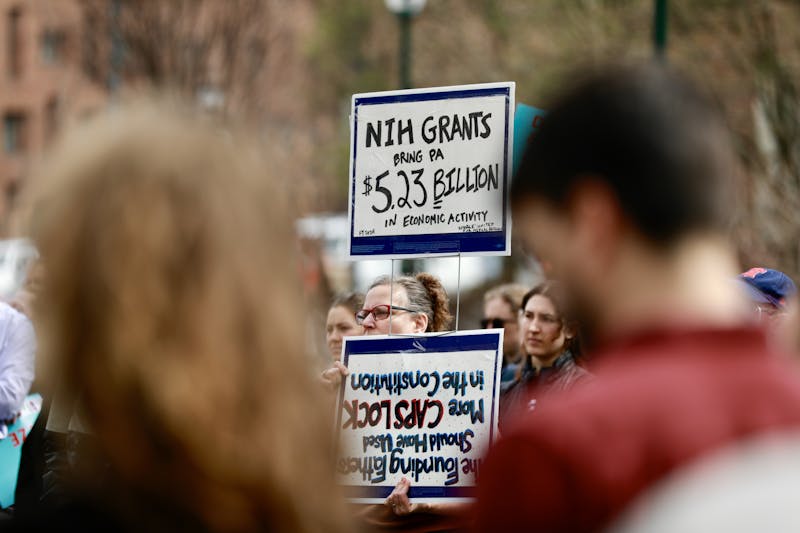
If I had to do it all over again, I would have supported John McCain. No question about it." While this is not an uncommon sentiment even about a president with a high approval rating, it's still pretty surprising to hear from the person most responsible for George W. Bush's 2000 election victory. When this person, Jim Gunn, met Bush in Sumpter, S.C., Bush's campaign was desperate and nearly terminal, polling at 16 harrowing points behind Vietnam-hero McCain with only 16 days until the primary election. In a state with 413,000 veterans, Bush assured Gunn, the chairman of a powerful interest group called the Coalition of Retired Military Veterans, "that if he were elected, he'd see that any promises made to military members upon entering military service would be kept," Gunn recalls. In return for this promise, Gunn helped engineer a grassroots comeback victory so majestic that its momentum demoralized McCain and carried Bush through his eventual Supreme Court election. Thinking he helped elect an ally, Gunn is now "pissed off at [Bush] because he screwed us." Gunn says his clamoring for veterans' benefits today has caused him more pain and suffering than when he fought in what is considered the most savage battle of modern warfare, the 1950 battle of the Chosin Reservoir in North Korea. While he thinks war against Iraq is probably necessary, Gunn warns young people not to fight for President Bush. A war would create more sick and disabled soldiers, putting more stress on an already overloaded veterans benefits and health system (despite the "relief" from 1500 World War II and Korean War veterans dying a day). It's clear the veterans' safety-net is not ready for those who would be lucky enough to return from Iraq alive. President Bush's lack of commitment to veteran affairs should give caution to those who are considering his case for war. Bush reneged on his pledge to Gunn and 1.7 million other military retirees to restore free lifetime healthcare that was promised to servicemen upon their enlistment. A little-known provision called "concurrent receipts," serves as financial punishment to the war-wounded that stay in the armed services for 20 years by making them pay $60 a month so Medicare can cover 80 percent of the medical benefits, 100 percent of which they expect for free. At the same time, postal workers and civil service employees get full retirement benefits even if the government treats them for a work-related injury. Only those who do the dangerous work of defending this nation suffer this disgrace. As chief executive, Bush could simply order the bureaucracy to stop billing "concurrent receipts." The Congressional Budget Office estimates that it would cost the government approximately $2 billion in Fiscal Year 2003. Since this is a question of money, its answer would be found in the president's priorities. But as you know, these priorities consist of a deep tax cut that would starve the budget, leaving veterans to feast on discretionary crumbs. What's puzzling is that his highest priority -- war against Iraq -- is the biggest casualty. When soldiers realize that their promised benefits are at risk, the behind-the-desk military leadership will likely become risk-averse. And recruitment would suffer if the soldiers of tomorrow realize they could be treated like, or worse than, the veterans of today. Penn students are particularly capable of witnessing this travesty of justice. Not only will it be our peers doing the fighting, but we can see the results of war at the Veterans Administration Hospital of Philadelphia on 38th Street. If you ever want to experience a bad day, go inside and see the helpless heroes of the past mope around inadequately treated. According to a desk clerk I spoke with, these patients generally waited 6 to 12 months for a primary care appointment. The declining condition of this medical system is a symptom of a Bush administration unwilling to defray the rising costs for prescription drugs. As it turns out, prescription drug companies gave over $17 million in soft money to Republicans this past election (and over $5 million to Democrats). On Feb. 12, Gunn will drive to Washington in a hearse, symbolizing what he believes to be Bush's answer to the concerns of veterans. He will join thousands of other veterans on the Mall, evoking the memory of a march on Washington in 1932 by World War I veterans who came to urge Congress to fulfill its promise of bonuses for their service. Back then, Major General Douglas MacArthur responded to their demands with the point of a bayonet, ordering an armed rout of the protesters. But there's no reason for an assault today. Our troops are shipping off to the Gulf, and when the U.S. is victorious, they will join the ranks of the defeated veterans. Jeff Millman is a senior Philosophy, Politics, and Economics major from Los Angeles, Calif.
The Daily Pennsylvanian is an independent, student-run newspaper. Please consider making a donation to support the coverage that shapes the University. Your generosity ensures a future of strong journalism at Penn.
DonatePlease note All comments are eligible for publication in The Daily Pennsylvanian.







